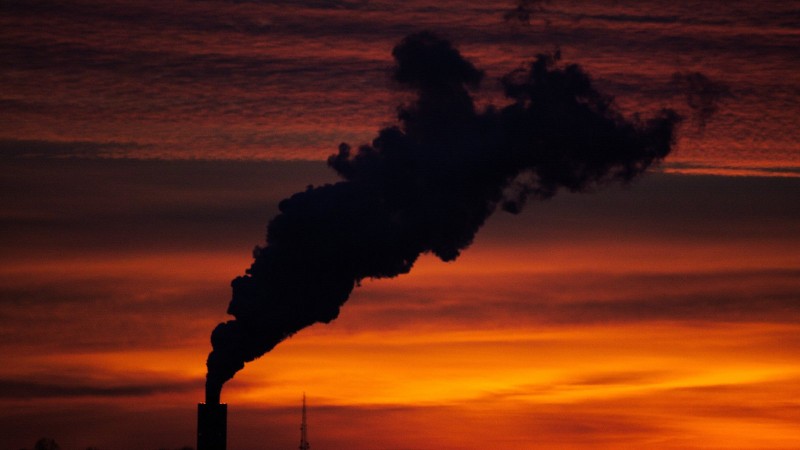
In today's modern world, pollution has become an ever-present concern, with its detrimental effects extending far beyond just the environment. While the visible consequences of pollution on our surroundings are alarming, what often goes unnoticed is its silent, yet severe impact on our vital organs. This article delves into the profound repercussions of pollution on the human body, focusing on the organs most affected by this invisible menace.
The first line of defense against air pollution is our lungs. They are constantly exposed to airborne pollutants, making them vulnerable to a range of respiratory issues, such as asthma, bronchitis, and even lung cancer.
Air pollution, particularly fine particulate matter, can trigger and exacerbate asthma in individuals. It leads to inflammation of the airways, causing breathing difficulties.
Long-term exposure to air pollution can result in chronic bronchitis, characterized by persistent coughing, mucus production, and narrowed airways.
The link between air pollution and lung cancer is undeniable. Harmful particles and chemicals in the air can contribute to the development of lung cancer over time.
Air pollution isn't just a threat to our respiratory system; it also takes a toll on our heart health.
Exposure to pollutants like fine particulate matter and carbon monoxide can increase the risk of heart diseases, including heart attacks and strokes.
Air pollution can elevate blood pressure, putting added stress on the heart and increasing the likelihood of cardiovascular problems.
Surprisingly, pollution's impact doesn't stop at our lungs and heart. It extends to our brain, affecting cognitive function.
Air pollution has been linked to the development of neurological disorders such as Alzheimer's and Parkinson's disease.
Long-term exposure to air pollution can lead to cognitive decline, affecting memory, attention, and decision-making abilities.
Our liver and kidneys play a crucial role in detoxifying our bodies, but pollution can hinder their functions.
Airborne toxins can stress the liver, potentially leading to liver diseases and impaired detoxification.
The kidneys can also be impacted, with pollution contributing to kidney diseases and impaired filtration.
Even our skin, the body's largest organ, isn't spared from the effects of pollution.
Air pollution can accelerate skin aging, leading to wrinkles, age spots, and other skin imperfections.
Skin conditions like eczema and acne can be exacerbated by pollution, as it can clog pores and worsen inflammation.
In a world where pollution is a constant presence, safeguarding your organs becomes paramount.
Invest in air purifiers to reduce indoor air pollution and protect your lungs and heart.
When necessary, wear masks and protective gear to reduce exposure to outdoor pollutants.
Stay updated on local air quality reports and avoid outdoor activities on high pollution days.
Advocate for cleaner air and support environmental initiatives that aim to reduce pollution.
While the effects of pollution on the environment are undeniable, its impact on our vital organs is equally concerning. From our lungs and heart to our brain, liver, kidneys, and skin, pollution poses a silent but serious threat. By taking proactive measures to protect ourselves and supporting environmental causes, we can mitigate these risks and strive for a healthier, pollution-free future. In conclusion, the adverse effects of pollution on our vital organs are a pressing concern. By raising awareness about this hidden threat, we can collectively work towards a cleaner and healthier environment that benefits both the planet and our well-being.
Perseverance in the Face of Persecution: Atrocities Against the Jews
Ending Time of the Last Lunar Eclipse of the Year on October 28 and Precautions to Take